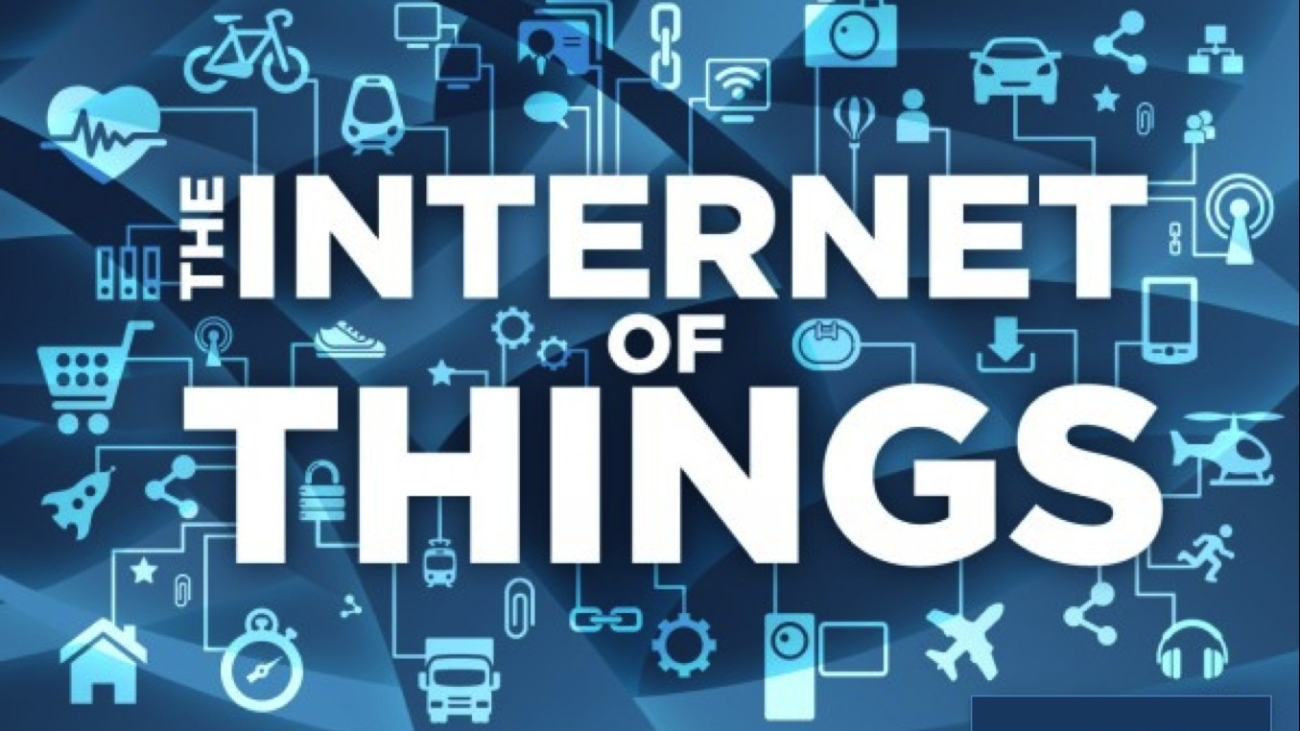- AdWords:
Google came up with this service way back in 2000 which allowed its users to display brief, small ads on the web page for the web users to see. This works so well because you pay for the ad only when a person clicks on it. These words majorly concentrate on keywords and are displayed to the relevant audience.
- Blogging:
An essential part of maintaining a good fan base or for customer engagement, blogging is a must for every website. Putting up blogs that are relevant to your services and still connect with the problems your customers of the user’s faces, puts you in the position of an expert thus helping you build a good community of loyal customers.
- Content:
Quality content that matters to the web user is one another supremely important part of your PR and branding. More people are attracted towards a website that offers to the point and quality content that answers all their questions be it related to the service, the company or any FAQs. Companies use content to lure customers and potential buyers to their online platform.
- DNS:
Abbreviation for Domain Name System, it enables us to have website names that can be remembered easily. A central system for the internet, it identifies IP address of the website and syncs those numbers with names to give you a domain which is unique in one way or other.
- Email:
When was the last time you sent a letter through the post to your relatives or friends? You probably won’t remember because emails have made it easy to connect personally as well as professionally. The email address you get is a unique identification for you which you get from that particular domain. Google, Yahoo, and Rediff are some companies that offer Email services.
- Facebook:
No one could have thought that Facebook would be a must have a profile A social network site, it helps you stay in touch with your friends and become friends with people that interest you. It has features of groups and pages that let you use it for brand awareness for your company too however it still continues to be majorly about networking with friends and family online.
- Google:
It is one company that has changed the face of World Wide Web. They provide unique services that are no match. From a search engine to Emails, Google Apps, Google professional services, YouTube, AdWords, SEO for the search Engine and so much more you can find Google practically anywhere on the web. It is the first site people visit when they open their computers to check the internet connection speed. Need we say more.
- Heatmaps:
Heat maps are used by website owners as it provides a real-time analysis of how a user is reacting to a page on their site. It is made up of values and is represented by colors on the monitor. One gets an idea on what pages work and what doesn’t.
- Impressions:
In the context of Online advertising, an impression is an Ad which is displayed once or viewed by the web user once. It is used by online publishers to get money from advertisers based on the number of impressions the publishers offer.
- JavaScript:
JavaScript is a language alongside HTML and CSS which is majorly used for content generation on the website. It has all advanced features and is used by almost every website due to its simplicity.
- Keyword:
It simply means a word or a phrase which either accurately describes or relates to a topic which is searched on the internet. Website owners use it to understand the pattern of searches and make use of the knowledge to increase the number of users on their website.
- Link:
Link is basically a path provides to jump on a web page or a website that you want to visit. Major websites’ names are actually linked to helping you visit them in case you want to know more. Similarly, if you want to know in depth about their services or achievements, a link is provided on the words for you to understand that by clicking on the word, you will be taken to a web page that has content related to the word.
- Monetization:
This is a type of revenue earning in which for the number of users visiting a website, a relative amount of revenue is earned. This is done either in the form of Cost per impression, which we briefly discussed above or Pay Per Click.
- Notification:
A kind of push technology, it works on the publish or subscribe model. The publishers send a push notification or notice with an offer of subscribing to their website. In case the client agrees, whenever new content appears on the website, the client is alerted through notifications that contain the brief idea of the content.
- Optimization:
It is a process carried out to optimize the website contents so as to make it appear every time a user searches for the mentioned content. Mostly used for Searches it is also essential in WAN (Wide Area Networks). Optimization is also called contextual searching.
- PPC:
Abbreviated for Pay Per Click, it is a sort of monetization technique where the publisher earns money by diverting user traffic to a particular website. The website owner pays the publisher money for every click made by a user to visit their website after which engagement solely depends on the owner.
- Quora:
Quora is a fast-growing network of people and is a portal used by many to ask questions for any domain. The answers are given by other users who hold expertise and based on their experience trying to answer these questions as accurately as they can. The authenticity of an answer cannot be checked to be factually correct on Quora however it helps make a network of like-minded people and for answers that are subjective to each person’s perspective.
- Ranking:
It refers to a position of a website when a user searches something related to their content on the search engine. Based on the smart use of keywords in their content, meta descriptions and titles, a website can increase their ranking so that the user clicks on their website.
- Search:
In the terms of internet, it was made for providing information in any domain and so a search of a topic has been a major driving force for the success of the internet. People search for any topic, person, place or product on the search engine to get the best results on the first page which help them to gather information.
- Traffic:
In the context of the internet, traffic is the number of web users on a website platform. Through many tools like the Google analytics, heat maps or any other, one can easily know the number of users on a particular page or website to use it as a parameter for performance measurement.
- Usability:
It is the extent to which a website can be accessed or used easily. Usability is majorly dependent on the User Experience Interface of the website. The easier it is to navigate through the website, the better usability a website has.
- Visitors:
Visitors are website users that view only single page of a website and exit the domain or do not take any action to connect to the website products and services. These are usually users coming to a website from a link provided on some other web page.
- Website:
It is an online domain that belongs to and is run by an individual, group or a company to provide content, information, and services. It is used for online visibility and awareness and today is also used to connect with its users and customers.
- XML:
Abbreviation for Extensible Markup Language it is an essential tool to provide information in a format which is readable by both, humans and machines.
- YouTube:
It is a universally used video sharing Website owned by Alphabet Inc., the owners of Google. Its impressive services allow the user to make a profile, upload videos from their profiles, view videos uploaded by other individuals or channels, comment and like them. The majority of song videos, documentaries, advertisements are uploaded on the site to watch and the number of likes and views on the site helps the owner of the video with visibility and revenue.
- Zoho:
It is a technology company that provides software as a service. They provide office suite, network, and IT management services to their clients.
A long list of words to remember, isn’t it? These are till date the most used words in the world of internet and most of them indirectly define the job of world wide web today.



